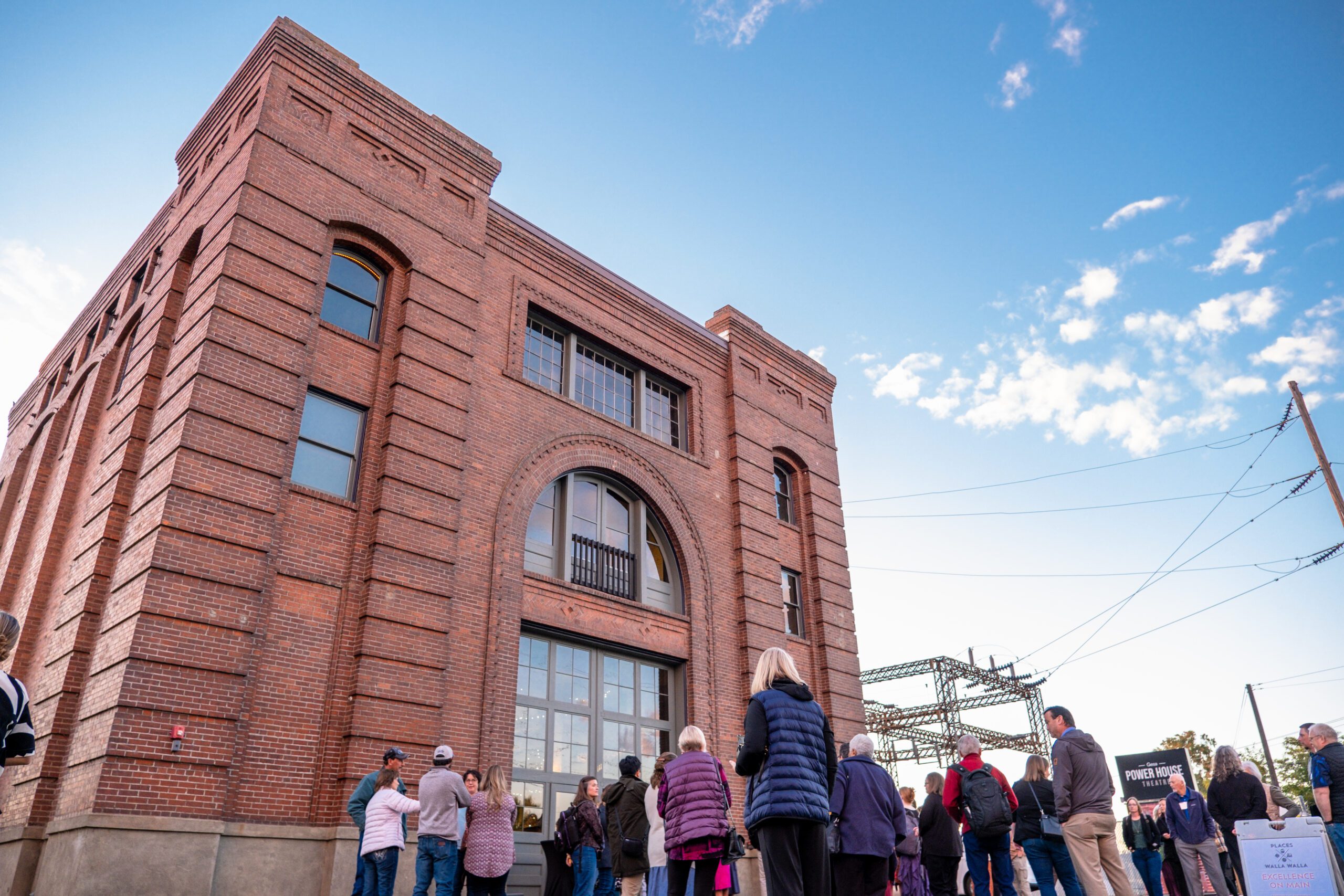Public Policy Update: 2025 State Legislative Recap

Photo: The Washington State Capitol Building in Olympia. Photo courtesy of the Washington State Capitol Campus.
By Chris Moore, Executive Director
The 2025 state legislative session began with a pall in the air, as Washington faced a multi-billion-dollar deficit. For many legislators, this session marked the first time they would be required to make programmatic cuts as part of the budget process. In the end, difficult decisions were made to reduce spending, and unprecedented sources of new revenue were proposed to bridge the funding gap.
While the final operating budget passed by the legislature in April is actually larger than the 2023-2025 one, it does represent reduced funding on programmatic levels. For us, of primary concern is the impact these cuts will have on the Washington State Department of Archaeology & Historic Preservation (DAHP), the agency responsible for managing key historic preservation programs at the state and federal levels, including the National Register of Historic Places and Historic Tax Credit Programs. DAHP also houses the Washington State Main Street Program (operated by the Washington Trust under contract), which has contributed mightily to the preservation and economic revitalization of our historic downtowns in cities across the state. As of the date of this posting, the governor has not yet signed the legislature’s proposed budget into law—he has until May 20 to do so.
The state’s capital budget presents a significantly rosier picture. Appropriations through the capital budget have always served as a critical source of funding for the rehabilitation of historic places, particularly for DAHP’s capital grant programs. We are thrilled to report that the following programs received funding in the 2025-2027 capital budget:
- Historic County Courthouse Grant Program: $7.433 million to support rehabilitation of courthouses in 11 counties (up from approximately $4 million in 2023-2025)
- Heritage Barn Grant Program: $900,000 to support the rehabilitation of working barns (a reduction of $100,000 from 2023-2025)
- Historic Cemetery Grant Program: $515,000 to support cemetery preservation (equal to 2023-2025 funding)
- Historic Theater Grant Program: $515,000 to support rehabilitation work on historic theaters (equal to 2023-2025 funding)




Collectively, this funding represents the largest investment ever by the legislature in these four programs—a testament to the fact that historic places are the underpinning of our sense of place. In addition to DAHP’s capital grant program, the legislature again provided $10 million to fully fund the Washington State Historical Society’s Heritage Capital Projects Grant Program. That funding will support 19 projects across the state, including six projects to support rehabilitation of key historic places situated within the Maritime Washington National Heritage Area. Additionally, the legislature funded the Buildings for the Arts Grant Program at $18 million; many of the 38 projects slated to receive Building for the Arts funding involve historic buildings or heritage-aligned programs. In total, these grant programs enable significant preservation work to take place, leveraging additional local investment along the way. As with the operating budget, Governor Ferguson has not yet signed this bill into law. Funding for these important programs will not be official until he does so.
While addressing the budget deficit took precedence this year, housing remained a policy priority for the legislature. While certain bills were preservation-neutral (if not fully preservation-aligned), one bill in particular will undo decades of preservation policy in our state. Substitute House Bill 1576 requires owner consent for designating historic buildings as local landmarks. While owner consent is already a requirement in most jurisdictions, Seattle and Tacoma serve as notable examples where landmark designations can move forward without owner consent. In Tacoma, the practice is rare. Even in Seattle, it is uncommon—from 2019-2024, the City of Seattle designated 46 buildings as local landmarks, of which only nine were designated without owner consent (and of the nine, three were publicly owned by Seattle City Parks). Despite this data, with the state’s missing middle housing legislation slated to take effect this year, legislators expressed concern that the landmark process would be “weaponized” to prevent development of missing middle housing and other housing projects. The Washington Trust believes historic buildings are part of the housing solution (and we have the data to show it!). Regardless, the bill moved forward, aimed specifically at the City of Seattle’s historic preservation ordinance. If a building is more than 125 years old, it can still be designated as a historic landmark regardless of the owner’s wishes, but for any building less than 125 years old, owner consent will be required. We are disappointed to see the community effectively pushed out of the process of determining which buildings are locally significant and thus worth preserving. We also believe this legislation will lead to a loss of important historic buildings in Seattle. Regardless, we will continue our efforts to work with the legislature with the goal of implementing future policies to strengthen incentives for preservation.
